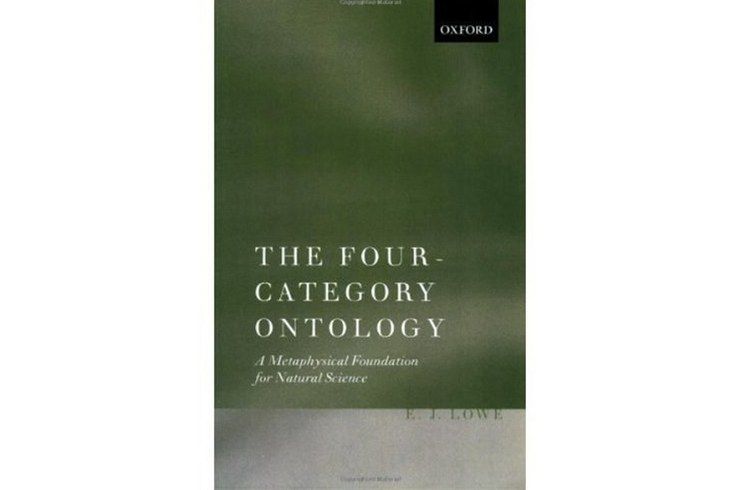《The Four-Category Ontology》是2007年Oxford University Press, USA出版的圖書,作者是E. J. Lowe。
基本介紹
- 中文名:The Four-Category Ontology
- 作者:E. J. Lowe
- 出版社:Oxford University Press, USA
- 出版時間:2007年12月20日
- ISBN:9780199229819
內容簡介,目錄 ,
內容簡介
E. J. Lowe sets out and defends his theory of what there is. His four-category ontology is a metaphysical system that recognizes two fundamental categorial distinctions which cut across each other to generate four fundamental ontological categories. The distinctions are between the particular and the universal and between the substantial and the non-substantial. The four categories thus generated are substantial particulars, non-substantial particulars, substantial universals and non-substantial universals. Non-substantial universals include properties and relations, conceived as universals. Non-substantial particulars include property-instances and relation-instances, otherwise known as non-relational and relational tropes or modes. Substantial particulars include propertied individuals, the paradigm examples of which are persisting, concrete objects. Substantial universals are otherwise known as substantial kinds and include as paradigm examples natural kinds of persisting objects. This ontology has a lengthy pedigree, many commentators attributing it to Aristotle on the basis of certain passages in his apparently early work, the Categories.At various times during the history of Western philosophy, it has been revived or rediscovered, but it has never found universal favour, perhaps on account of its apparent lack of parsimony as well as its commitment to universals. In pursuit of ontological economy, metaphysicians have generally preferred to recognize fewer than four fundamental ontological categories. However, Occam's razor stipulates only that we should not multiply entities beyond necessity; Lowe argues that the four-category ontology has an explanatory power unrivalled by more parsimonious systems, and that this counts decisively in its favour. He shows that it provides a powerful explanatory framework for a unified account of causation, dispositions, natural laws, natural necessity and many other related matters, such as the semantics of counterfactual conditionals and the character of the truthmaking relation. As such, it constitutes a thoroughgoing metaphysical foundation for natural science. Contents List
目錄
I. Metaphysics, Ontology, and Logic
1: Ontological Categories and Categorical Schemes
2: The Four-Category Ontology and its Rivals
3: Some Formal Ontological Relations
4: Formal Ontology and Logical Syntax
II. Objects and Properties
5: The Concept of an Object in Formal Ontology
6: Properties, Modes, and Universals
7: Ramsey's Problem and its Solution
III. Metaphysics and Natural Science
8: Dispositions Natural Laws
9: Kinds, Essence, and Natural Necessity
10: Categorial Ontology and Scientific Essentialism
IV. Truth, Truthmaking, and Metaphysical Realism
11: Metaphysical Realism and the Unity of Truth
12: Truthmaking, Necessity, and Essential Dependence

